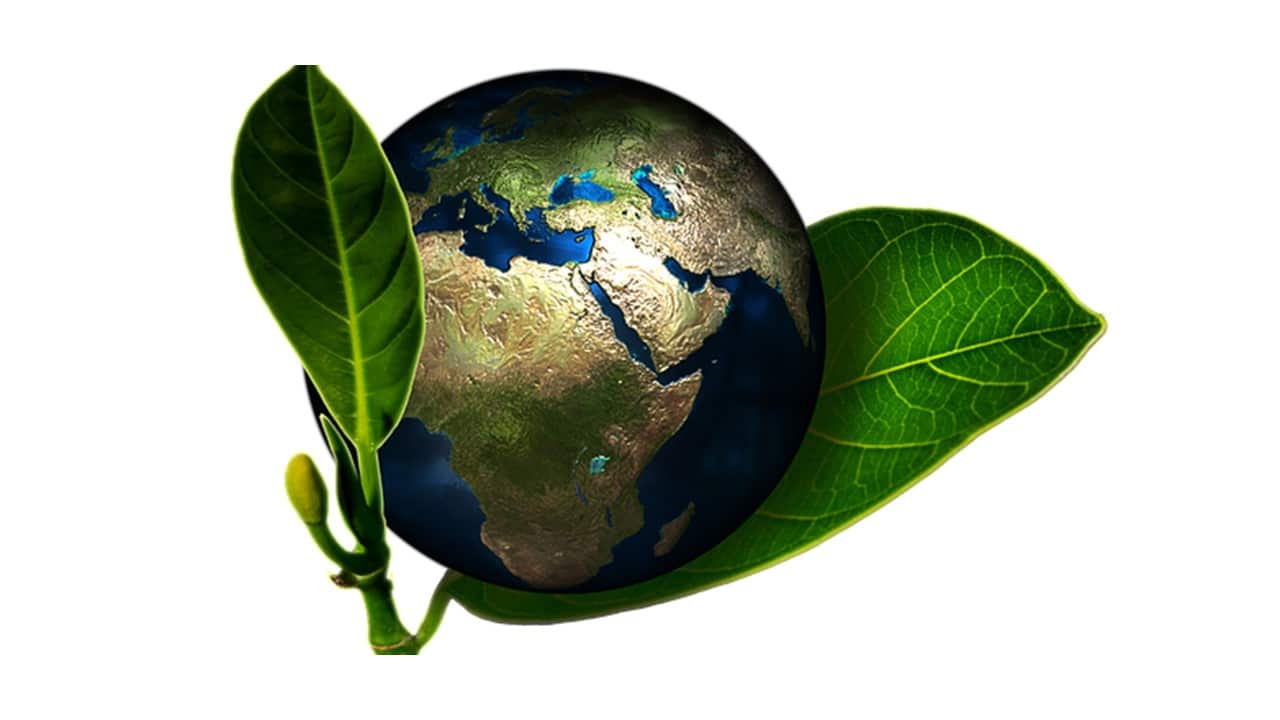As of February 13th, Italy has a new Government led by Mario Draghi, former ECB President. Among all changes, it was established a new branch of the Government dedicated to environmental issues, the so-called “Ministry for Ecological Transition” held by Roberto Cingolani, an independent politician. This new authority is supposed to replace the former “Ministry for Environment, Land, and Sea Protection”, but also includes competencies in environmental policies, which were before under the Ministry of Economic Development.
The idea of promoting environmental policies to such a prominent role is not completely new in the European political context. Since a couple of years, some countries have been making this step forward in the integration of environmental problems in political systems. The models are France and Spain, but also Switzerland and Costa Rica were provided as example, for whom we have different kinds of outcomes. The Spanish one is getting achievements in terms of choices, despite some organizational issues. On the other hand, the French one did not get such a success, encountering some problems with “gilet jaunes movement” protesting against the rise in crude oil prices and fuel tax. Furthermore, there was the resignation after a year of the former Minister, Nicolas Hulot, who claimed that “the environment was not a priority in the agenda of his Government”, complaining about pressures to the Elysée from lobbies.
“We do not have any recipe, nobody has it.” These are the words of the appointed Minister, Roberto Cingolani. We are facing a new challenge, we just know what we should not do, by observing the example of other countries. The crucial point is that the new Government is showing the motivation and willingness in keeping up with environmental issues, considering that nowadays they are playing a key role in the economy and in society. Even the choice of the name “transition” indicates the effort in looking for some changes, conscious that everything that has been made so far needs a boost and a role as protagonist, not just a minor character in the political scene.
The approach to implement the way is called “glocal”, neither just global, nor just local. The vision is global, it is supposed to go further than the consolidated concept of ecology, but solutions need to be implemented and built with a focus on local realities. The purpose of the agenda is to define the key points in tracking this “better way” to improve. The aspects presented by the Minister are nine, from “environmental liabilities”, regarding the intergenerational problem of the consumption of resources and global warming, to transportation, with a focus on “carbon-zero” emissions, chemical pollution, and the waste stream. Moreover, the usage of natural resources, biodiversity, prevention, and the growth of a “smart nation”.
With this document, the intention is to draw a general framework, which could be helpful both for present and future choices that will be made by politicians, a sort of initiation toward a new sustainable direction of politics. The whole program will be included within the Sustainable Development Goals Program launched by the United Nation in the so-called Agenda 2030, where every country should contribute to defining common strategies along the three pillars of sustainable development, i.e. economic, social, and environmental.
The reaction to such a relevant decision in Italy is obtaining appreciation. That is not supposed to be a simple bureaucratic restructuring, that is the way not to be a follower in the next years. That is a deep, meaningful choice, considering that such problems are not “independent”, but there is a need for the implementation of an interrelated institutional model found on the idea of sustainable development and growth. Now the foundation is placed, there should be the competencies to build something which is more than empty purposes.
SOURCES




